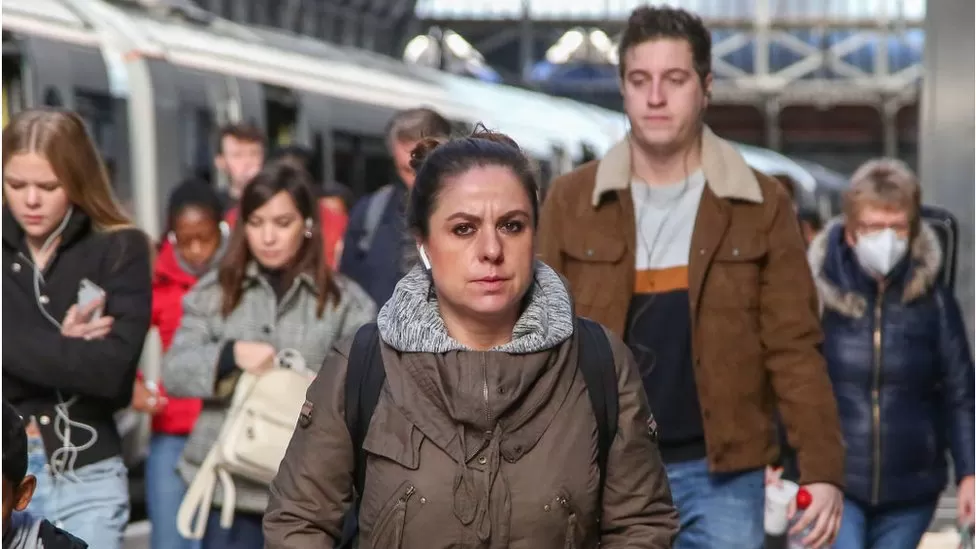More rail strikes over pay and conditions will take place on Saturday 26 August and Saturday 2 September, the RMT union has announced. About 20,000 members working for 14 train operating companies are expected to take part. RMT general secretary Mick Lynch said that its members would “continue fighting”. But the Rail Delivery Group (RDG) said the union was “once again targeting customers” on the railways.
The government called the move “disappointing” and said the RMT leadership was “cynically targeting” travelers. The announcement means rail passengers can expect disruption on the last Bank Holiday weekend of the summer in August. It marks the latest step in a long-running dispute which has caused months of upheaval on the railways for passengers.

The 14 train firms affected are:
- Avanti West Coast
- c2c
- Chiltern Railways
- Cross Country Trains
- East Midlands Railway
- Great Western Railway
- Greater Anglia
- LNER
- Northern Trains
- South Eastern
- South Western Railway
- Transpennine Express
- West Midlands Trains and GTR (including Gatwick Express)
Progress in the RMT’s dispute with the 14 train operating companies has effectively been at a standstill since April, after it rejected the latest proposals from the RDG. Mr Lynch said the mood among RMT members “remains solid and determined” in the national dispute, which is over pay, job security and working conditions. The union said it had been left with “little choice but to take further action”, insisting it had seen no improved offer from the RDG, which represents train operating companies.

Plans to close hundreds of ticket offices in England have also angered its members, the union has said. But a spokesperson for the RDG, said: “With further strike action, the RMT are once again targeting customers looking to enjoy various sporting events, festivals and the end of the summer holidays, disrupting their plans and forcing more cars onto the road.” The RDG said it had made three offers to the union, including job security guarantees. The headline pay rise would be a backdated pay rise of 5% for last year, followed by 4% this year. But some workers could see pay rise by as much as 13% over the two years, the RDG claims.
The group said the RMT had blocked potential deals “without a convincing explanation”. It added that it remained “open to talks” and continues to urge the union to put the offer to members in a vote. A Department for Transport spokesperson said: “The RMT leadership’s decision to call more strikes and cynically target the travelling public over the Bank Holiday weekend is disappointing. “The government has facilitated fair and reasonable pay offers. However, union bosses are opting to prolong this dispute by blocking their members from having a vote on these offers – we continue to urge that members are given their say, and disruption is brought to an end”, they added.
![]()





